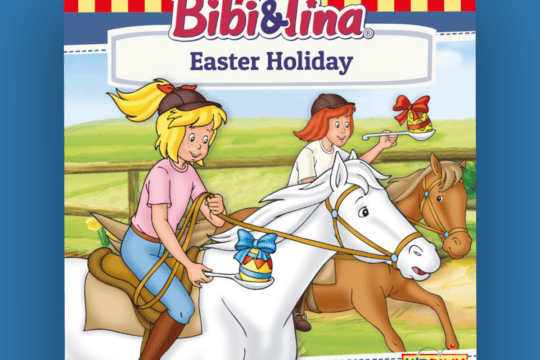
HomePony Know HowPony Care TipsFeedingMyth-busting: managing tubby ponies
-
Pony Care Tips
Learn everything you need to know about caring for your fave pony. From feeding and grooming to mucking out – we have it all here!
-
Riding Tips
Improve your riding with our fab articles! Whether it's building your confidence, riding shapes, or jumping spreads that you need tips on, we have something for every rider.
Latest News
Myth-busting: managing tubby ponies
Posted in Feeding

Let’s bust some myths about managing tubby ponies!
Helping your fave pony stay trim as the grass starts growing is super-important to keep him healthy and able to enjoy all the activities you love doing together. Nutritionist Katie Grimwood busts some myths to keep your pony on the straight and narrow.
Myth – Condition scoring is only for fat ponies
Regularly assessing your pony’s body condition is important, whether or not he’s overweight. When you see your pony every day, it’s not always easy to notice whether he’s losing or gaining weight, and it may creep up slowly for quite a while before you notice a change. Taking photos and checking his body condition score every two weeks at the same time of day can help you spot any increases more quickly, then you can implement any feed and management changes as needed.
Myth – Laminitis is the main concern for overweight ponies – if your pony doesn’t have that then he’s fine!
Even if your pony doesn’t have laminitis at the moment, that’s not to say he won’t ever get it and carrying too much weight is a risk factor. Other health issues can also arise due to ponies being overweight, including strain on his joints and limbs, increased pressure on his heart and lungs, and Equine Metabolic Syndrome. Fat can also build up around important organs in his body, like the liver and kidneys, which isn’t healthy for him.
Myth – You need to watch the weight of native ponies, not TB types
Although native ponies are at a greater risk of becoming overweight, any type of pony can still get too fat. If they’re consuming too many calories from their feed and forage, without enough exercise to burn it off, their bodies will start to store it as fat. So, no matter his type, assessing your pony’s condition is an important part of his management.
Myth – Fat ponies need to go on a really strict diet and be fed as little as possible
In the wild, a pony would spend around 17 hours a day eating, so his digestive system has evolved to eat little and often. That means reducing his fibre intake too drastically can increase the risk of issues such as colic and gastric ulcers. So, it’s important to make sure your pony has access to plenty of roughage, even if he’s overweight. If he needs to go on a diet, consider soaking his hay for at least six hours to reduce its sugar content and using small-holed haynets to stop him gobbling up his food too fast!
It’s important to continue to feed a balanced diet to make sure your pony’s getting all the key vits and mins he needs – for example by using a forage balancer.
Top tip
Increasing your pony’s exercise is a great way to help burn extra calories. If he can’t be ridden, walking in-hand or lungeing is beneficial.
Myth – Fat ponies don’t need feed, just roughage is fine
Even the best quality forage is usually lacking in certain nutrients, so although roughage will often be enough to meet his energy requirements, it won’t give him the vits, mins and protein he needs to have a balanced diet. This is important for healthy hooves, good energy levels, a shiny coat, great muscle tone and topline, as well as maintaining internal nutrient reserves. Just like we need to make sure we eat plenty of fruit and veg to stay healthy, we also need to make sure our ponies have balanced diets.
Myth – Grass is the problem
Although reducing access to lush grass is definitely really important as part of a weight loss programme, it’s not the only thing to consider. Remember that hay, haylage and bucket feed also contain calories.
Did you know?
If your pony’s not eating the recommended amount of a complete hard feed, he’ll need a balancer or broad spectrum vitamin and mineral supplement to give him the right levels of vits and mins.

Myth – Ponies in lots of work need lots of feed
No matter how hard your pony’s working, if he’s carrying extra weight then his calorie requirements are being met by his forage, without needing lots of hard feed. Remember, it’s essential to provide a balanced diet to give him the vitamins, minerals and protein that his body needs to support the level of work he’s doing. There are a number of performance or competition balancers that are designed to provide the nutrients he needs without adding any extra calories that he doesn’t need.
Our expert –Katie Grimwood is an Equine Nutritionist at Baileys Horse Feeds.
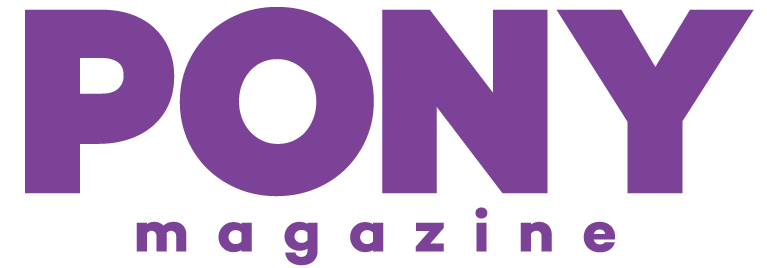

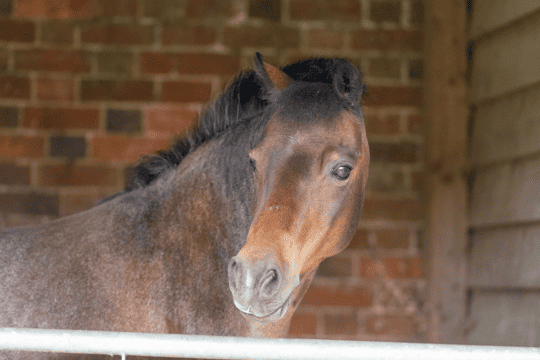
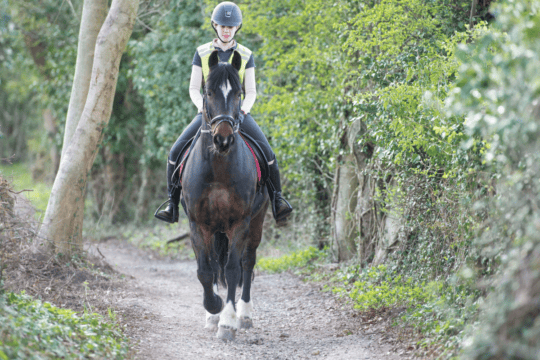
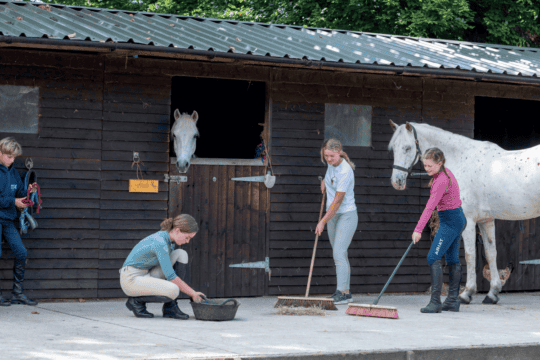
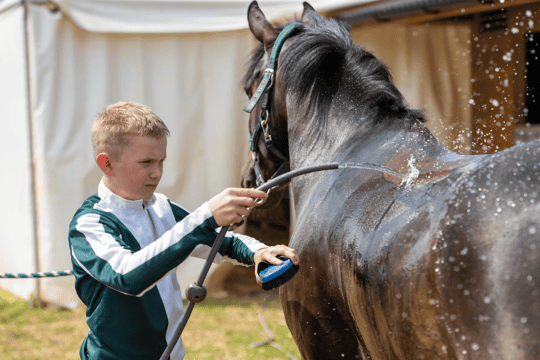



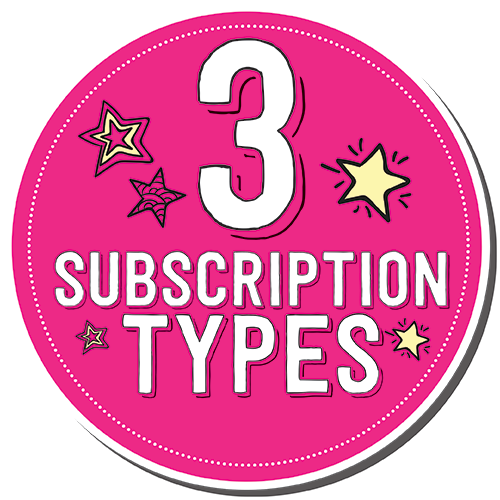
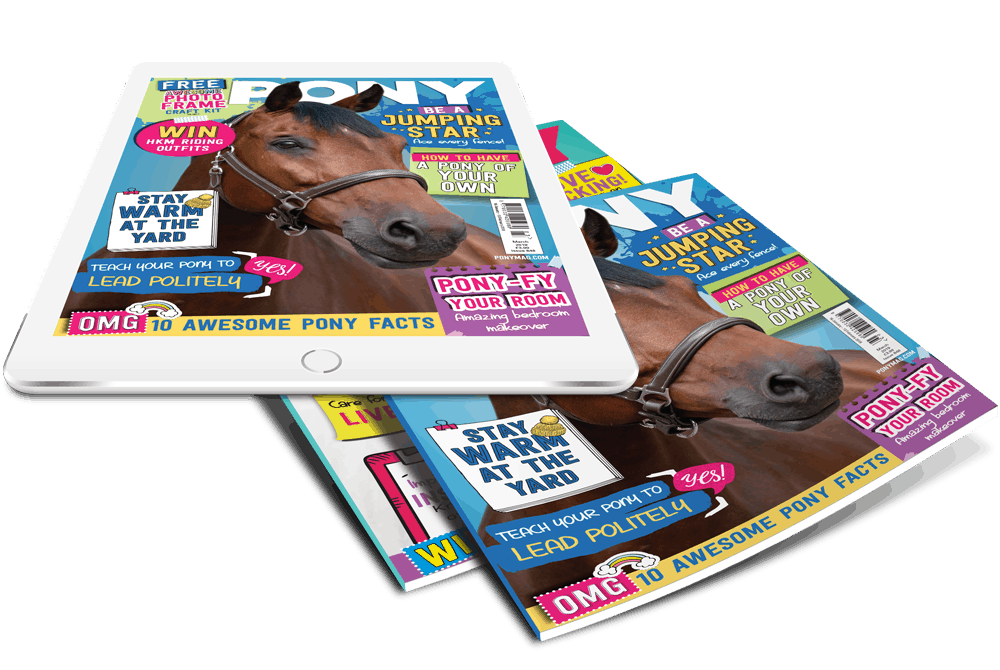
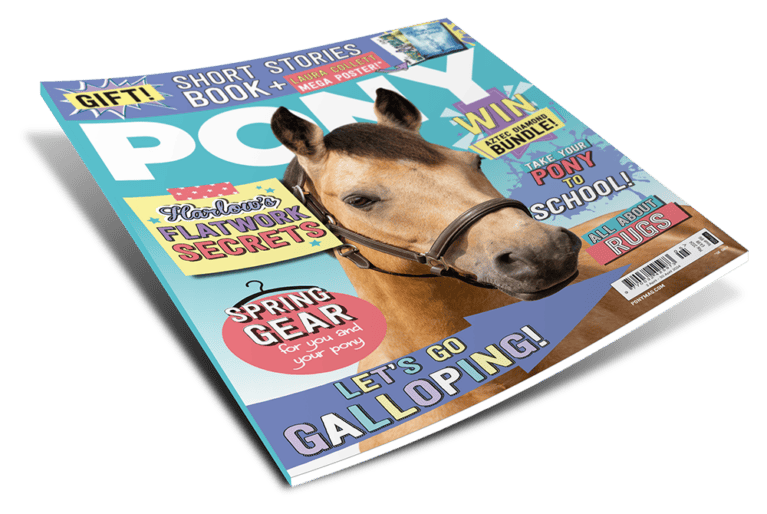


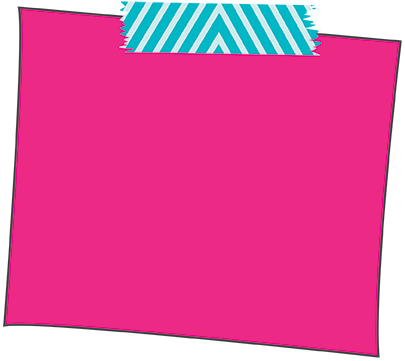






Leave a Reply
You must be logged in to post a comment.